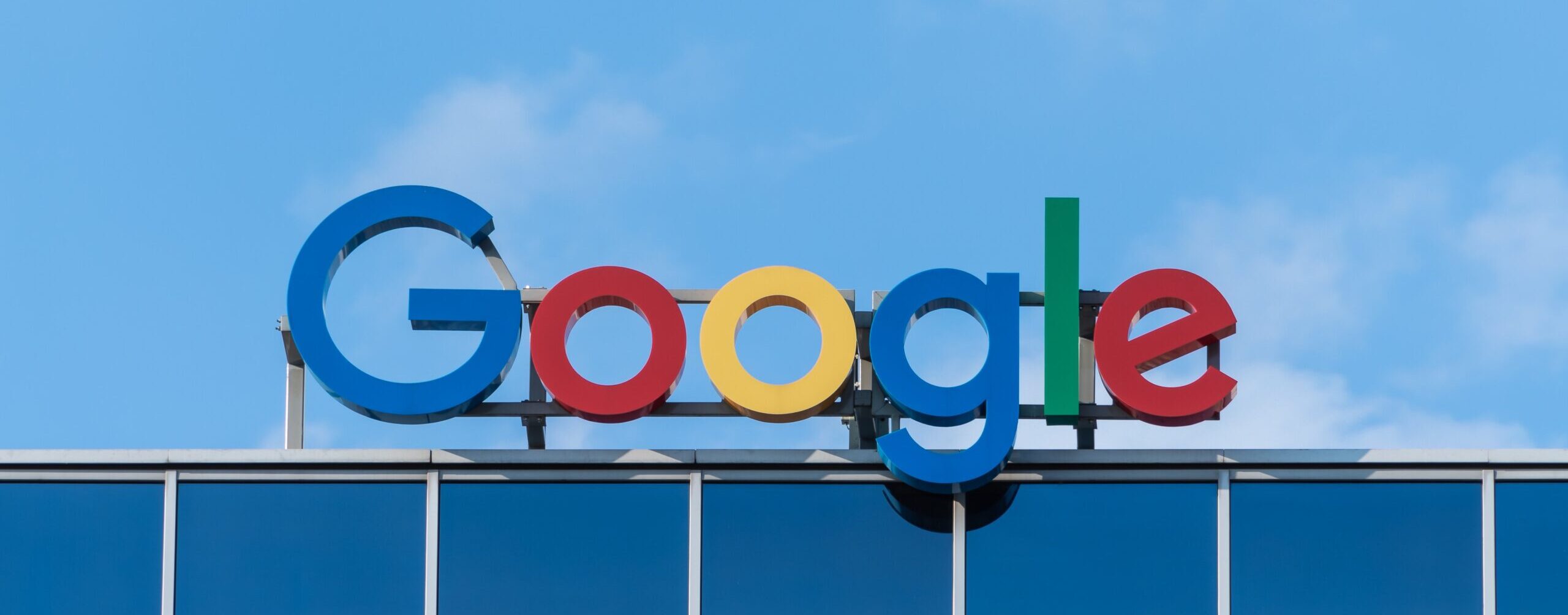Google has been fined 2.4 billion euros for anti-competitive practices. However, what appears to be an exemplary measure on Europe’s part to correct the abuse of power is nothing more than a pat at the end of 7 years of proceedings.
Since we can’t compete, we fine and make (poorly thought out) laws. Let’s look at past results of these measures: music industry vs digital music (mp3); hotels vs Airbnb; cabs vs Uber. Despite coercive measures, traditional industries almost always lose. Banks and insurance companies are experiencing similar issues with fintech and insurtech. Globally, the old continent has none of the “big tech companies.” The US has Alphabet (Google), Amazon, Facebook, Apple, Netflix, Microsoft. China, which has been blocking local competition in technology, has Alibaba and Tencent (among others little known to the public). What about Europe? Competitiveness is increasingly in question.
Let’s look at the four dominant companies in the tech world at the moment. Each one started on one side: Amazon with e-commerce, Google with search, Facebook with social networks, and Apple with hardware. Yet they are all now competing in the same areas. Why? Because they know the customer, they don’t have the burden of processes and systems of traditional industries, and they invest large amounts of money, have state-of-the-art systems, economies of scale, and above economies of scale, and above all, they know how to handle data. Perhaps most important of all, the combination of all these attributes (not just the fantastic offices with free food) allows them to attract some of the best minds in the world. In an age where data is gold more than a business, complete ecosystems are created around the customer experience. These are the first truly global companies in history. We have never had institutions of this size and with so many synergies. The Catholic Church itself, one of the most successful institutions in human history, with 1.3 billion followers, has now been surpassed by Facebook, with 2 billion million active users every month. We still mistakenly call these companies “technological but the truth is that they are no longer technology companies. They are entering every sector of the economy. Technology is just a tool that is already fully integrated into the business models.
“It’s part of evolution and those who can’t adapt die.” “It has passed throughout history and will continue to pass.” I agree. In fact, most companies have no notion of the risks they run, and the strategy of many companies seems to be that of the ostrich (hide their heads in the sand and pretend that nothing will happen to them). But I think we must pay attention to the consequences for society. We are talking about the closure of many companies, a likely increase in unemployment (with automation) and a worsening of social differences. When we combine these issues with tools that can be used for the “good” but with great capacity for destruction in scale (artificial intelligence, weapons with decision-making capacity, etc.) we have to be very careful.
The idea is not to stop the future or kill those companies that are “bad”, the goal is to prepare society as best as possible for what is coming. And this is done with education and strategy, instead of penalties, and with proactivity instead of reactivity.

